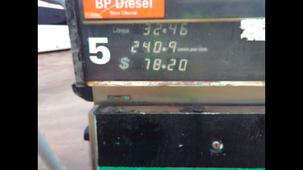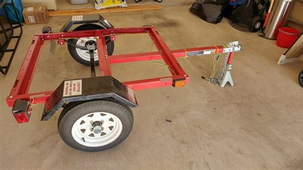I was wondering ... and the ad says right there, "Rebate"
So maybe rooftop solar isn't cheaper in Australia (except for lack of red tape.)
Surely imported hardware costs just as much (except for tariffs), and labor rates probably not that much different.
Are your solar prices due to major subsidies, either paid by taxpayer, or pollution taxes, or purchase of clean energy credits?
50% rebate
And more,
"The subsidies initially included a national rebate of A$8,000 for a small 1kW array – more than the sticker price in parts of the country. "
Households have continued to use state help that was first created more than a decade ago

www.theguardian.com
LOL- you yanks get much larger rebates than we do- in my state (Qld) there is no state rebate at all for a gridtie solar, and the federal government rebate is $400 Au (some states do provide a small rebate as well- two match the federal rebate $ for $)- that $8000 rebate was when the scheme was first introduced... back in the 2000's... whe I got my last gridtie in 2016, it was down to $1000, now its $400 (the rebate scheme ends entirely in 2028 if I remember correctly- I got my grid installation ticket back in 2004, and I'm out of the gridtie solar game altogether, and only do 'word of mouth' offgrids these days- I blew past 50 quite a while ago- Obama was still president then lol, and climbing on hot roofs in 40C plus heat is a young fellas game lol)
So the total cost of that $2300 US to the purchaser system is $400 from the taxpayers here (or $264.40US) if you buy the bigger systems its a bit more obviously, it goes by inverter kW... The installer gets the 75 (or whatever) STC- but they are a gamble (like any stock)- they can hold them and hope for an upswing, or sell them immediately for whatever they are currently trading for...
STC (solar trading credits) are a bit more complicated- they are usually kept by the installer (the system owner 'can' keep them themselves, but quite frankly, I've only ever heard of two people doing it- and they both wished they hadn't)- its a LOT of added work come tax time and you only get about 75 STC for a 6.6kw system with 5kw inverter- these have nothing to do with the government (or the taxpayers) and are traded on a 'solar share market'- the current price is about $35 Au per share, but it is extremely volatile, and has dropped as low as $16 Au - so at current rates, the STC's are worth $2625 (which the installation company keeps, or you can buy them off them at the time you pay for your system at the current price- above the usual installation price that is)- if you sell them, you pay tax on it like any other income, if you keep them yourself, then you have to declare it as a taxable asset- thats why no-one wants to keep them yourself... (the installation companies usually sell all the installations STC they hold off onto the market once a month, otherwise they have to do all that paperwork keeping track of them)- the federal government initially supported the STC system with tax payments, but that hasn't been the case for over a decade...
So even with the STC and government rebates included- the new owner still pays that $2300 US for the 6.6kw system (and thats all- that covers all costs involved, no more to pay for the usual install), the installation company gets the $265US rebate, plus 75 STC's (of a varying value- currently worth about $1735.10 US- making the total cost of the system 'about' $4435 US in total... of which the homeowner pays $2300US, the taxpayers via the federal government (at least in Qld) pay $265, and 'the share market' pays 'around' $1735US (at todays rates)
Still only 'about' $4500US for a 6.6kw system, fully installed... (and because these are privately owned companies- they have to cover ALL their costs, and still make a profit at the end of the day...)
Not $20k, not $30k, not $60k...
Under $5k US...
See why I said the US has one of the highest solar costs in the world????






